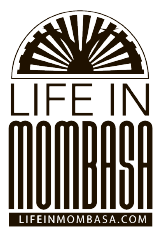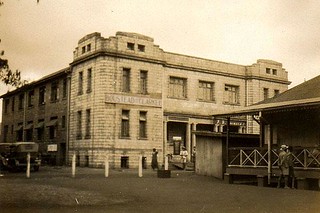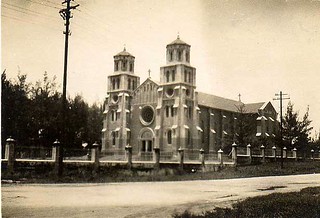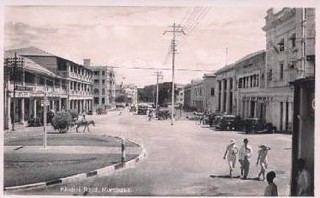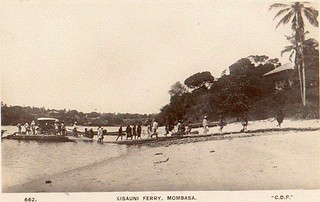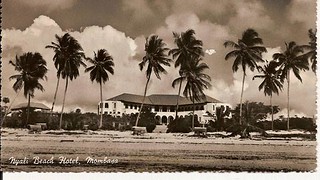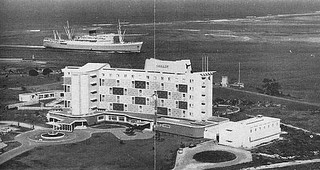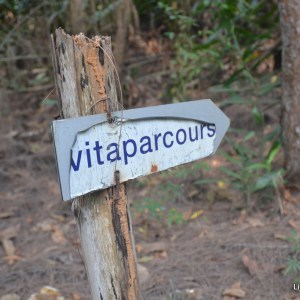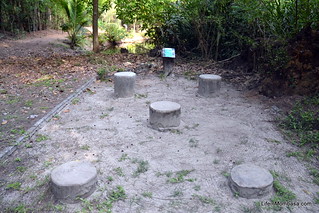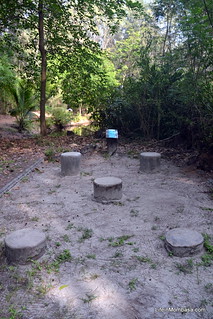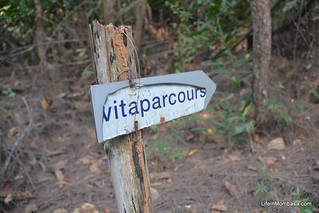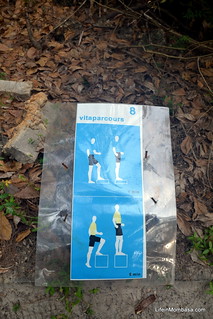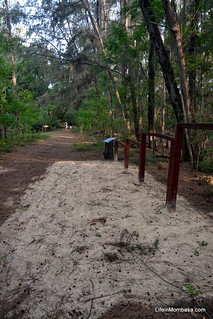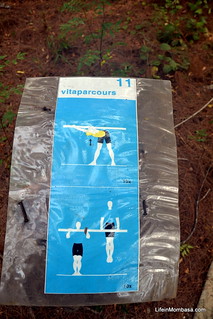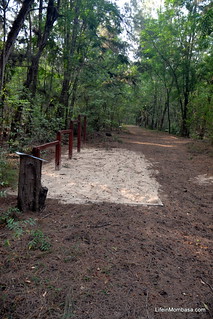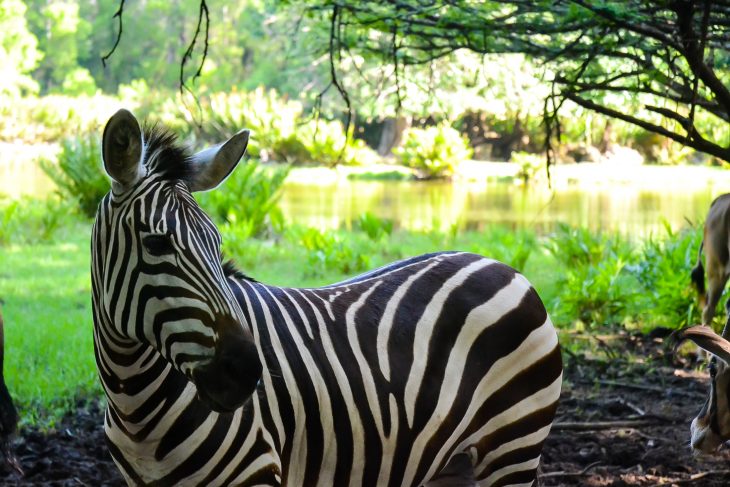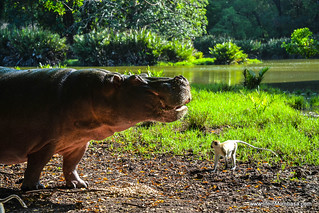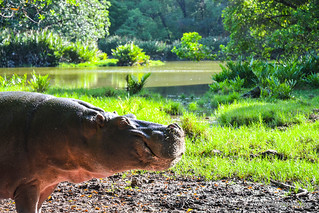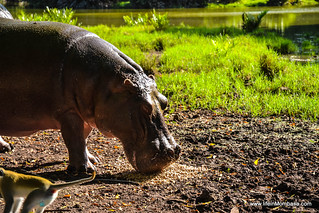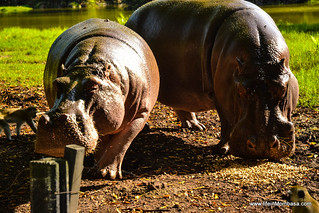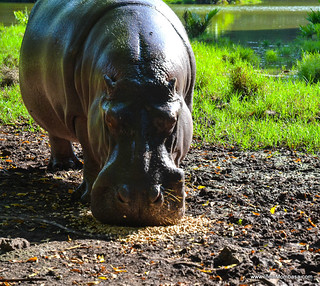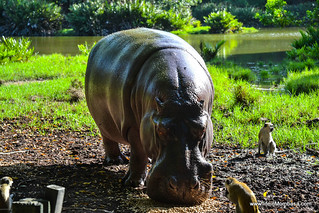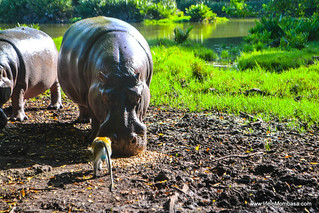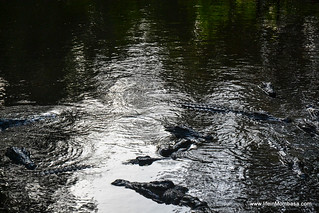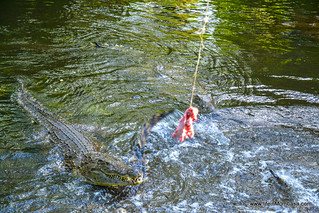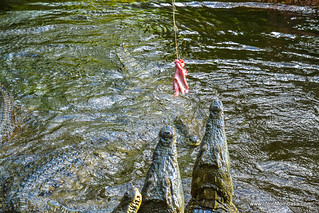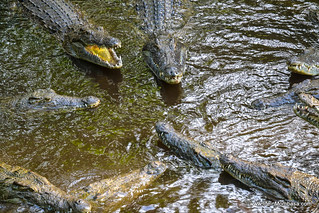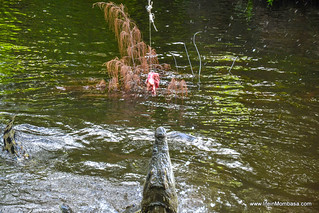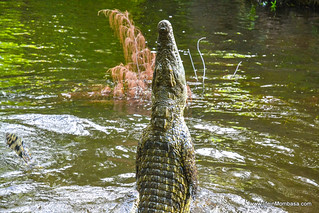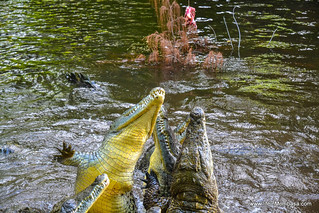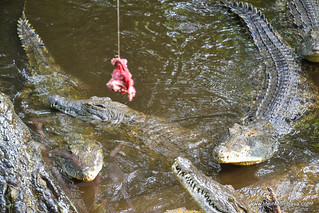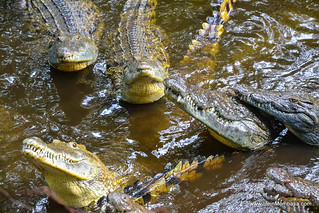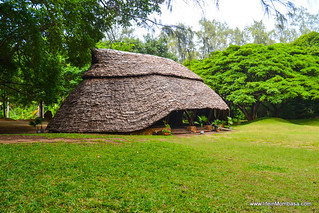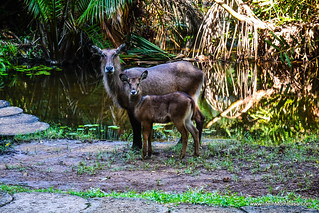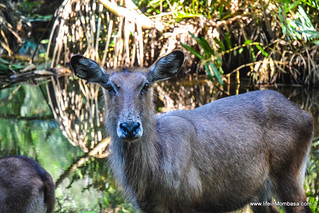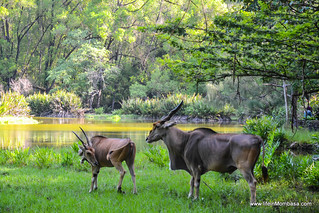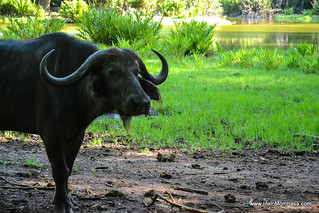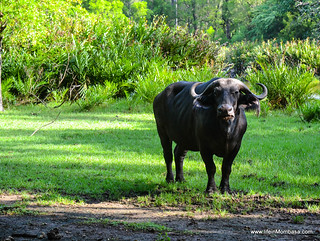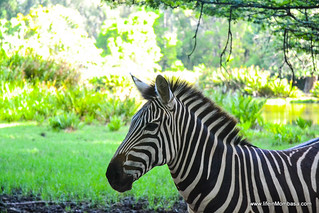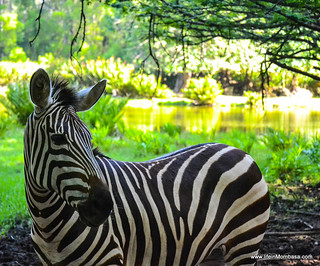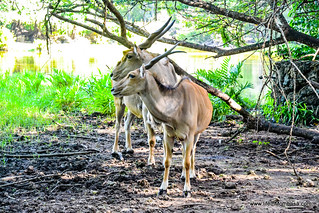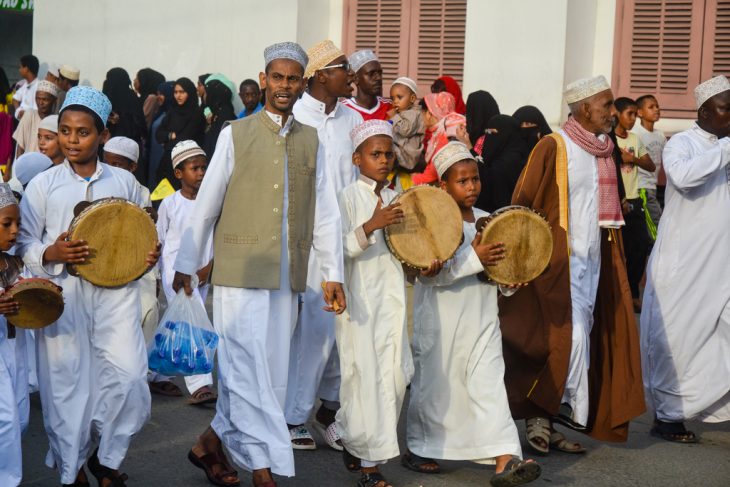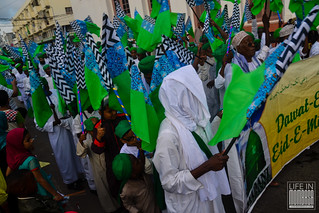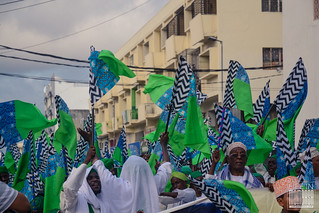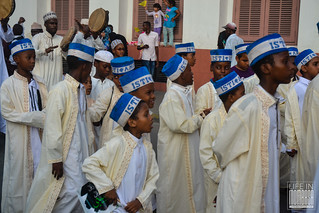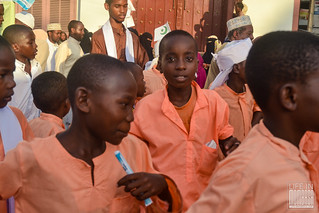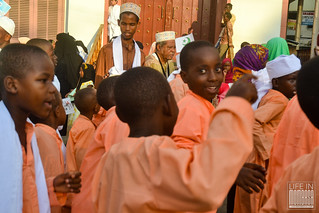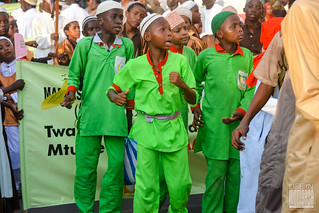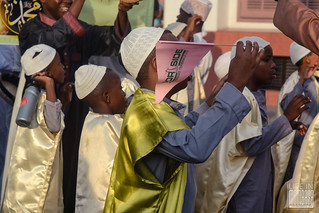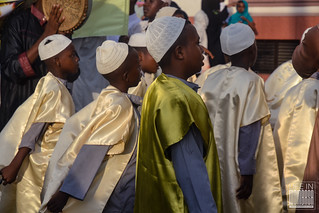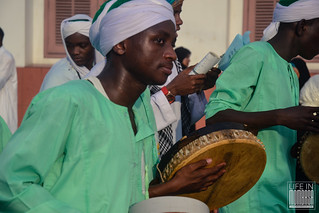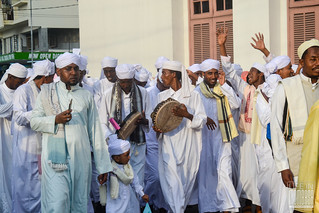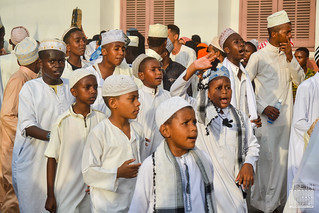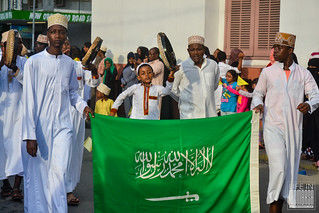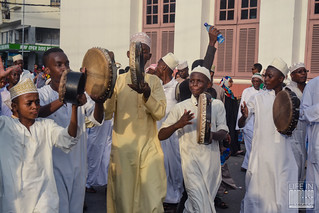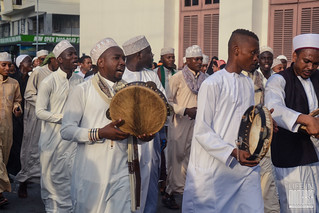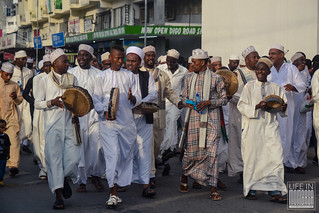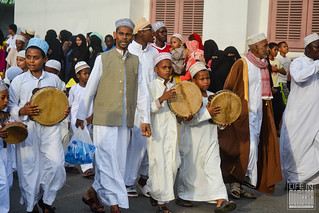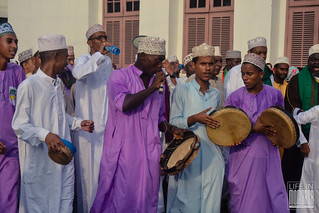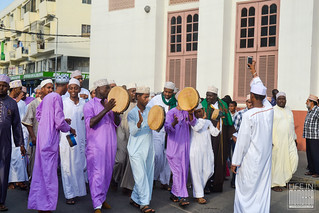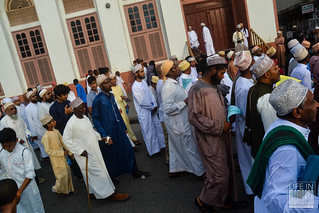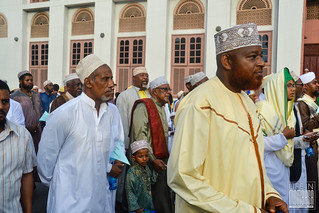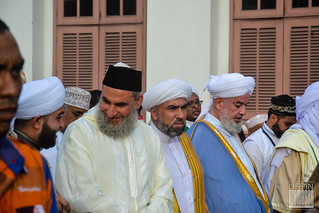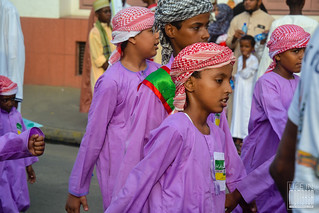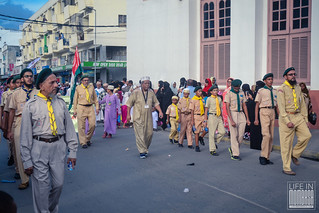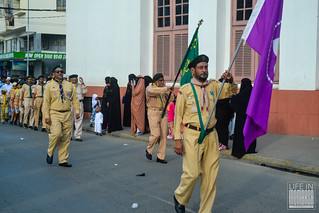Extracted from Mombasa-city.com
Mombasa is the second largest city in Kenya. Located on Kenya’s Eastern coastline bordering the Indian Ocean, it’s original Arabic name is Manbasa. In Kiswahili, it is called “Kisiwa Cha Mvita”, which means “Island of War” due to the many changes in its ownership.
The history of the city is a mixture of African, Persian, Arab, Portuguese and British influences which contributed to the rich cultures found in the city today. Mombasa, a great trading centre with several items such as glass, brass, copper, iron and rhino horn passing through the coast, was originally inhabited by the African Bantu people. The city was then visited by Jordanians in 6th century, Persians in the 9th and 10th century and thereafter Arabs. In this period the Arabs and Persians developed trading routes, commercial centers and contributed to a flowering of civilization reflected in the glorious architecture of their grand houses, monuments and mosques.
Over the centuries Mombasa struggled with numerous foreign invaders and hostility. The Portuguese, the ferocious Zimba tribe, and the Omanis have all laid claim to Mombasa since the 12th century.
By the 15th century, Mombasa was a thriving, sophisticated city with established trade routes to China, Persia, and India. Around this time the Portuguese explorer Vasco de Gama discovered the city while on a voyage around Africa to find the sea route to India. After a period of less than 5 years the Portuguese returned to attack the city. Five years later, Almeida, another Portuguese seafarer, plundered the port and 23 years later the Portuguese mounted another raid. The invaders then occupied Mombasa, building the impressive Fort Jesus and dominated the entrance to the old harbour, between 1593 and 1598.
The Arabs made several attempts to regain the town but, the Portuguese, supported mainly by supplies from their Indian colony, Goa, hung onto it for around 100 years. The occupiers were finally defeated in the siege of Fort Jesus which began in March 1696. Portuguese and Indian soldiers eventually relieved the Fort in September 1697, but they could not break the siege. The centuries of conflict earned Mombasa the name “the island of War”
Later the Arab’s triumphed scaling the walls of the fort. Intrigue and rivalry between competing Omani rulers led to a decline in trading along the coast and Mombasa fell under the rule of the Mazruis, who were finally overcome by the Omani leader, Bey Saidi Sultan Sayyid Said in 1822 (whose remains are still buried in Mombasa today). Two years later, the British warship HMS Leven arrived in Mombasa.
Answering to the appeals of the Mazruis, the commander, Captain Owen, agreed to declare the city a British protectorate, in return for a promise from the Mazruis to abolish slavery.
During this period, Mombasa prospered under the Sultan, underpinned largely by the slave trade. However he came under increasing pressure by the British to end the practice and in 1845, he was forced into a treaty that severely restricted this activity. In 1886, in an agreement between Britain and Germany, the territories of Kenya and Uganda were assigned to the British while Tanganyika (Tanzania) came under the rule of Germany. The Imperial British East Africa Company set up its headquarters in Mombasa in 1888. It was the springboard for the colonization of Kenya and the beginning of a British dominance in the country that was to last until independence in 1963.
By the late 1800s it became the base of exploration for British expeditions to Kenya’s interior. In 1988, the Imperial British East Africa Company set up headquarters in Mombasa. British rule of Mombasa became official in 1895 when they leased a stretch of the coast including the port city from the Sultan of Zanzibar. Officially this coastal strip still belonged to Zanzibar until ceded to a newly independent Kenya in 1963.
The British affirmed Mombasa’s importance as East Africa’s most vital port when they completed a railway in 1901 stretching from Mombasa to Uganda. Today, the city remains one of Africa’s major links to the rest of the world. Built on a 15 sq km island, Mombasa is surrounded by a natural harbor. The mainland coasts north and south of the city boast a proliferation of tourist resorts. Within the city itself, a traveler has numerous opportunities for exploration and discovery.
Remnants of slave trade can still be seen today around the town. Fort Jesus still contains cells where the slaves were held, and various artifacts from that era.
Below are pictures from Various Old Photographers ( Origin cannot be traced)
